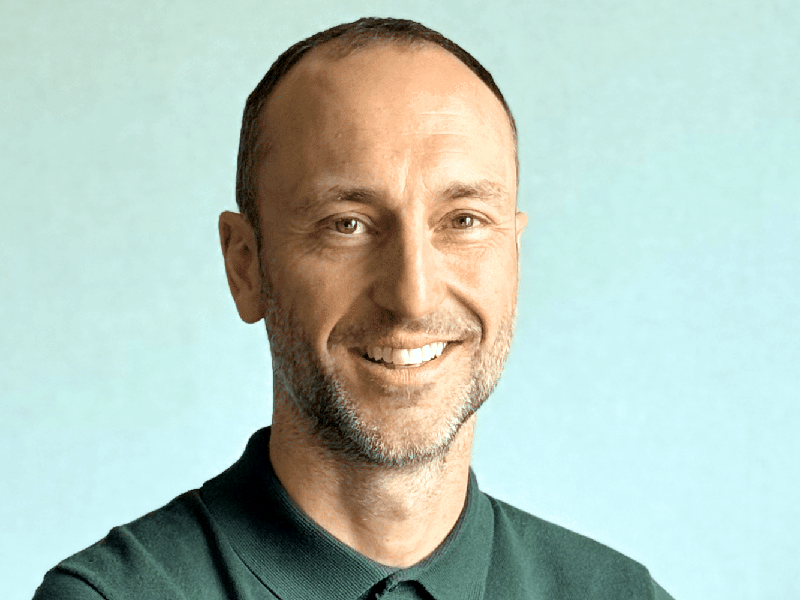Dan Johnson: young people deserve more than judgment
When a young person experiences or witnesses crime the effects can last far beyond the moment itself.
Fear, confusion, and trauma can shape how they see the world, how they relate to others, and how they understand themselves. For some, it disrupts education. For others, it fractures families or leaves them navigating the justice system without the tools to cope.
These are not isolated incidents. Across Scotland, far too many children and young people each year are caught in the aftermath of violence, abuse, or criminal acts - not as perpetrators, but as victims and witnesses. Their needs are often complex, and their voices too often go unheard.
That’s where the SAFE service steps in.
In just three years, SAFE has offered therapy to 179 young people and their families across 22 council areas in Scotland. These are children and teenagers who have been the victims of crime, witnesses to violence, or who have lived in homes where abuse and trauma were the norm.
The violence we see in communities doesn’t begin with a choice - it begins with unmet need, exposure to trauma, and social systems that seek to punish behaviour without ever asking why it exists.
The consequences of crime ripples far beyond a single event. We meet children who struggle to cope with their emotions, who carry the heavy burden of generations of family trauma, who face the courts with little understanding of what to expect and even less faith that they’ll be supported, let alone provided with the tools for positive change, and living full and productive lives.
And yet we too often treat these moments as isolated incidents, rather than as symptoms of a wider, systemic failure to support young people early and effectively.
SAFE isn’t just a service. It’s a statement that young people - however they come into contact with crime - deserve more than judgement. They deserve recovery. They deserve advocacy. They deserve a whole system, working in tandem to restore their dignity and enabling them to develop a productive and, most importantly, safe life.
It’s why our work doesn’t stop at therapy rooms. We have delivered consultation to 515 professionals supporting young people. We help police, educators, and social workers understand how trauma shapes behaviour, how to listen with empathy, and how to intervene in ways that heal rather than harm. SAFE is designed to wrap around families, with practical support, evidence-based psychological care, and real partnership.
We’re proud of what we’ve achieved so far. But what’s sobering is the level of unmet need. In Glasgow alone - where nearly half of all SAFE referrals originate - young people are facing a convergence of challenges: poverty, violence, lack of safe public space, and hollowed out youth services. This isn’t a coincidence. It’s cause and effect.
Even something as simple as locking up a school football pitch at night, can push young people into the shadows. When you cancel youth work, you remove the adults who might’ve changed the course of someone’s life. These decisions, however seemingly trivial, can carry consequences too.
We need services that know how to respond to trauma in every community. We need investment in families, not just interventions after harm is done. We need to stop treating victims and perpetrators as distinct categories - because the truth is, many of our young people are both.
And we need to recognise that behind every statistic is a story. A girl supported through the court process by a SAFE advocate, whose bond helped her feel strong enough to face the person who hurt her. A boy reunited with his mother through family therapy after years of silent suffering. Young people who found, often for the first time, that someone believed them - and that they mattered.
We cannot afford to think in binaries anymore. Being tough on crime and compassionate toward those affected by it are not mutually exclusive. Calls for tough consequences can sometimes drown out calls for support for those harmed. We need fair and proportionate justice, but alongside fair and proportionate support for victims.
Because every action has a consequence. And the question for all of us - as policymakers, professionals, communities - is whether our actions will deepen the damage or start to repair it.
Dan Johnson is executive director and forensic psychologist at Kibble.







